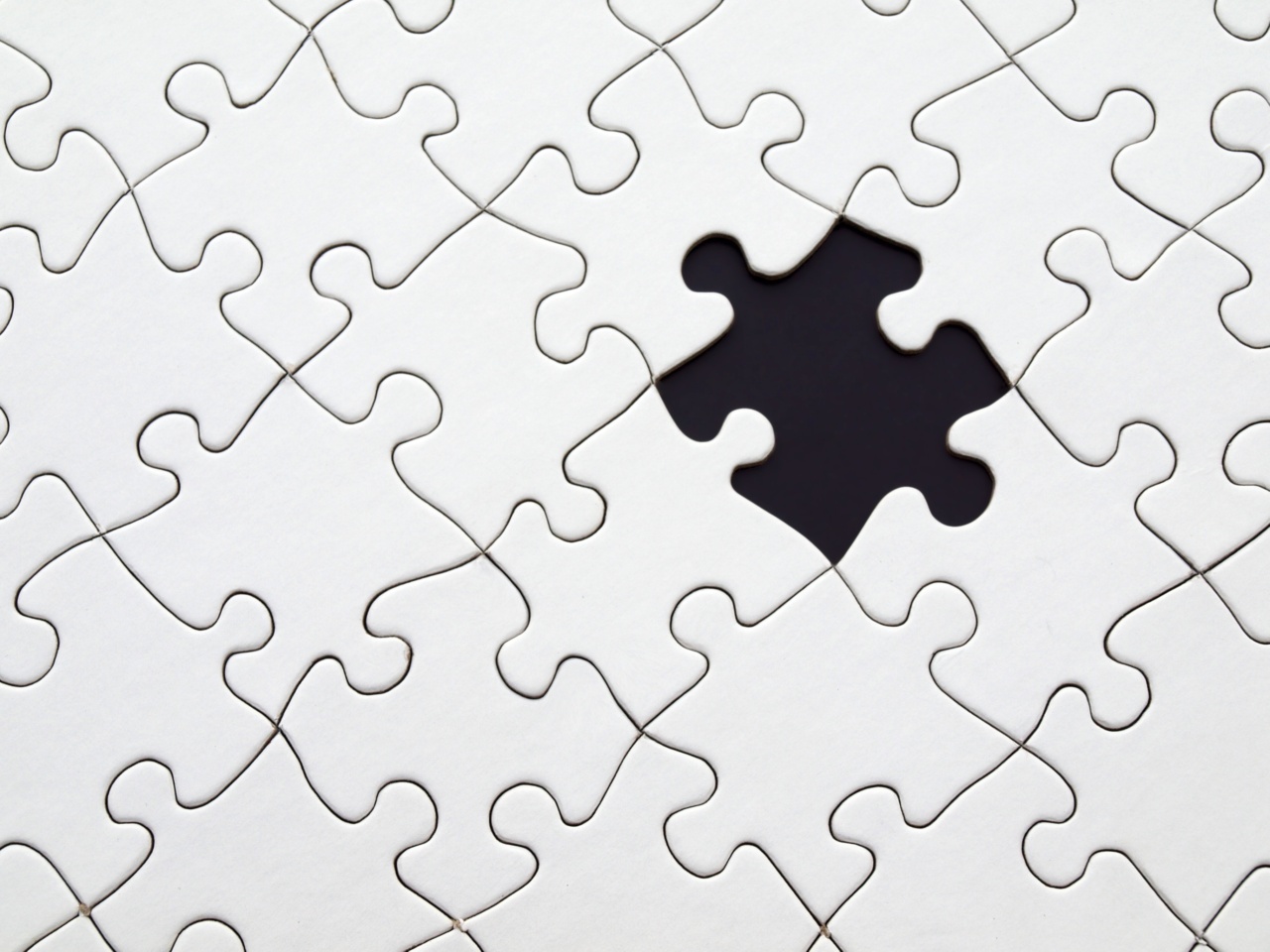In today’s fast-paced and technologically advanced world, it’s no wonder that seclusion has become a common issue faced by many.
The constant bombardment of information and the allure of social media can easily lead to feelings of isolation and disconnect. However, there is an enigmatic solution that can not only help combat seclusion but also promote overall fitness and well-being. Through this article, we will explore this solution and delve into its benefits.
The Power of Fitness in Overcoming Seclusion
Engaging in regular physical activity has long been known to have a multitude of positive effects on both the body and mind. It is no wonder, then, that fitness can play a significant role in overcoming seclusion.
When you incorporate exercise into your daily routine, you expose yourself to a whole new world of opportunities for social interaction and self-improvement.
Building Connections Through Group Fitness Activities
Joining group fitness activities is an excellent avenue to not only improve your physical health but also connect with like-minded individuals.
Whether you choose to participate in a spin class, yoga session, or group sports activity, you are putting yourself in an environment where social interaction is encouraged and fostered. These activities provide the perfect opportunity to meet new people, make friends, and build a support system that can help combat seclusion.
Breaking Free from the Digital Abyss
While the internet and social media have undoubtedly revolutionized the way we connect, they have also contributed to the rising issue of seclusion.
People often find themselves trapped in a digital abyss, where face-to-face interaction takes a backseat to online communication. By embracing fitness as a solution to seclusion, you are actively breaking free from this cycle and reconnecting with the real world. Exercise allows you to focus on the present moment and engage with others in a meaningful way.
The Positive Effects of Exercise on Mental Health
Seclusion often comes hand in hand with mental health issues such as depression and anxiety. Fortunately, exercise has been proven time and again to be a powerful tool in managing these conditions.
Physical activity releases endorphins, our brain’s natural “feel-good” chemicals, which can help alleviate symptoms of depression and anxiety. Additionally, engaging in regular exercise provides a sense of purpose and achievement, boosting self-confidence and self-esteem.
Fitness as a Catalyst for Personal Growth
One of the greatest benefits of fitness in combating seclusion is the opportunity for personal growth. Setting fitness goals and working towards them allows you to challenge yourself, build resilience, and develop discipline.
As you progress on your fitness journey, you gain a sense of accomplishment and mastery, which, in turn, boosts your confidence and overall well-being. This personal growth extends beyond the physical realm and positively impacts all aspects of your life.
Embracing Outdoor Fitness Activities
Seclusion often goes hand in hand with spending excessive amounts of time indoors. Breaking this cycle by embracing outdoor fitness activities can have a transformative effect on your mental and emotional well-being.
Exercising amidst nature’s beauty not only provides a refreshing change of scenery but also allows for a deeper connection with the world around us. Whether you go for a hike in the mountains, practice yoga on the beach, or simply take a jog through a local park, the combination of exercise and the great outdoors can help combat seclusion in a powerful way.
Fitness as a Source of Stress Relief
One of the primary factors contributing to seclusion is the everyday stress and pressure we face. Fitness acts as a natural stress reliever, allowing you to channel your energy into something positive and productive.
Engaging in physical activity helps reduce the levels of stress hormones in your body while concurrently releasing feel-good endorphins. This combination results in a significant reduction in stress and an overall improvement in mental well-being.
Creating a Healthier Work-Life Balance
Seclusion often stems from an imbalance in our work and personal life. By prioritizing fitness, you are actively working towards creating a healthier work-life balance.
Regular exercise helps you disconnect from the demands of work and allows you to focus on self-care. It provides a much-needed break and a time for self-reflection, which can ultimately prevent seclusion and foster a more fulfilling life.
The Role of Fitness in Enhancing Social Skills
In order to overcome seclusion and connect with others, it is crucial to develop strong social skills. Fitness activities provide an excellent platform for honing these skills.
Whether it’s participating in team sports or attending group classes, these settings naturally encourage interaction and the development of effective communication skills. Engaging in fitness-related social activities allows you to practice and refine these skills in a supportive environment.
Embracing Fitness as a Lifestyle
Ultimately, the enigmatic solution to seclusion lies in embracing fitness as a lifestyle.
By making a conscious commitment to prioritize physical activity and incorporate it into your daily routine, you are taking a proactive approach to combat seclusion. Fitness becomes more than just a means to an end; it becomes a way of life that positively impacts your physical, mental, and emotional well-being.
Conclusion
Seclusion is a pervasive issue in today’s society, but it doesn’t have to be an insurmountable challenge.
By recognizing the power of fitness in combatting seclusion and embracing it as a way of life, you can unlock a world of possibilities for connection, personal growth, and overall well-being. Start small, set achievable goals, and watch as fitness transforms your life for the better.






























